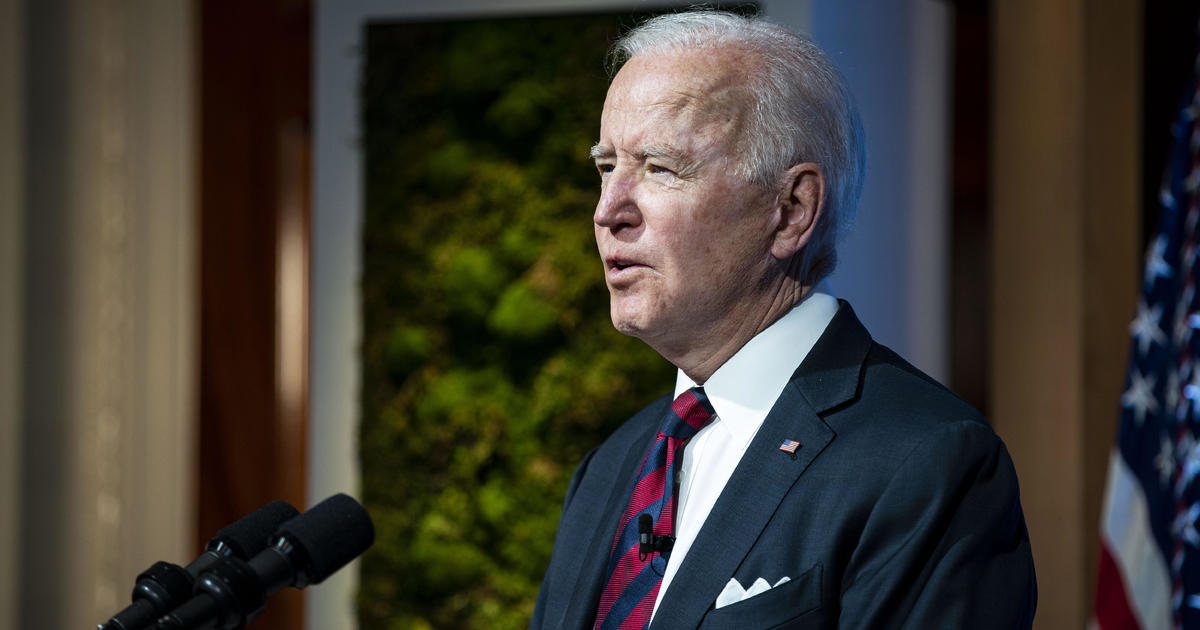
What Biden will say in his first address to Congress
CBSN
President Biden will tout his administration's accomplishments and preview his ambitious legislative agenda in his first address before a joint session of Congress on Wednesday, the eve of his 100th day in office. Mr. Biden is expected to offer details for his American Families Plan, a tax and spending bill focused on health care, child care and education.
According to senior administration officials, the plan focuses on four areas: education, child care, nutrition and child tax credits. The plan, according to the officials, aims to lower health care expenses, reduce child poverty, invest in education and produce a larger and healthier workforce. The plan includes four years of free education: Two years of preschool for 3- to 4-year-olds, and two years of community college that would be open to everyone, regardless of income. The plan also calls for $1,400 in additional assistance to low-income students by expanding the maximum Pell Grant. Investments would be made in historically Black and historically tribal colleges and universities as well as in completion and retention programs at colleges and universities. There are also allocations for teacher training.More Related News
